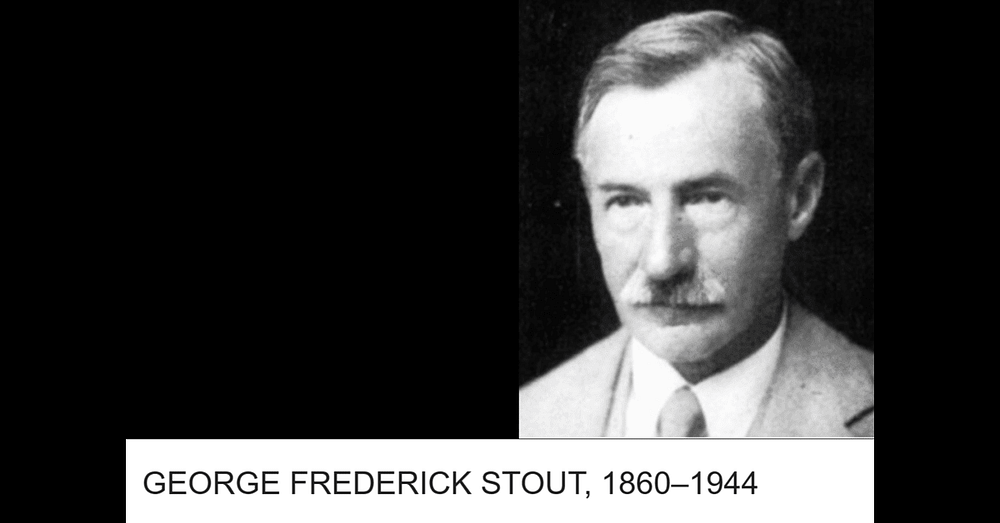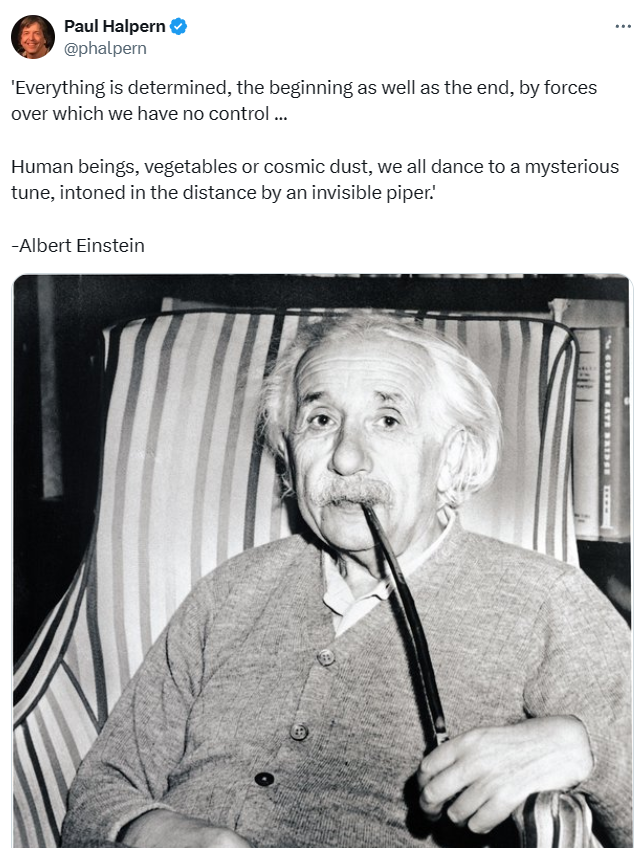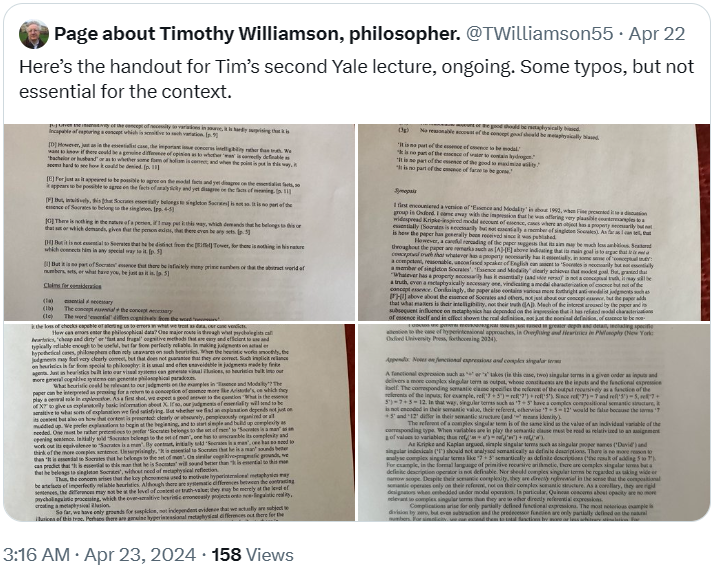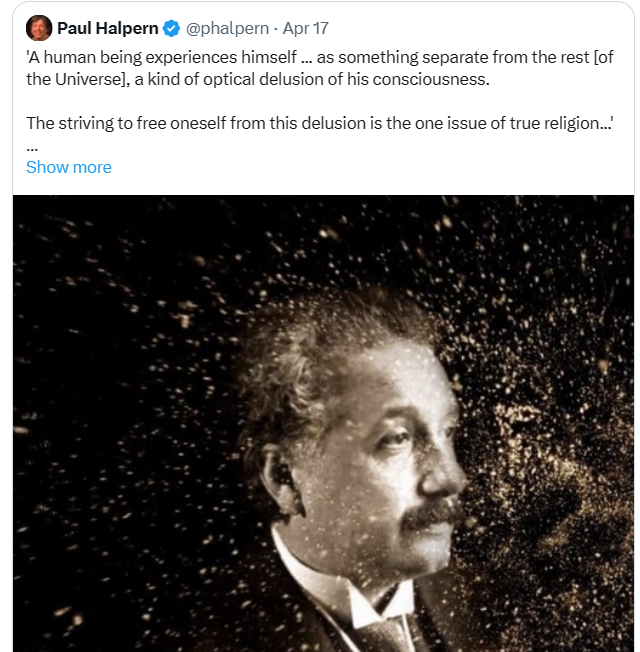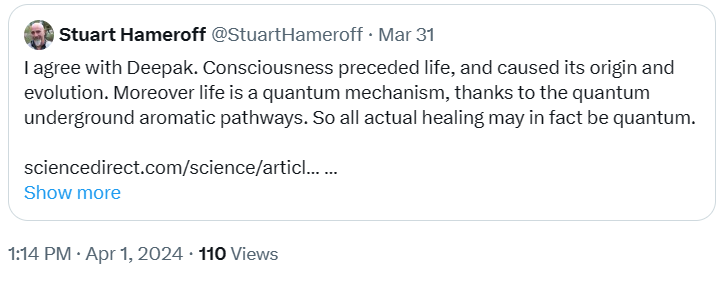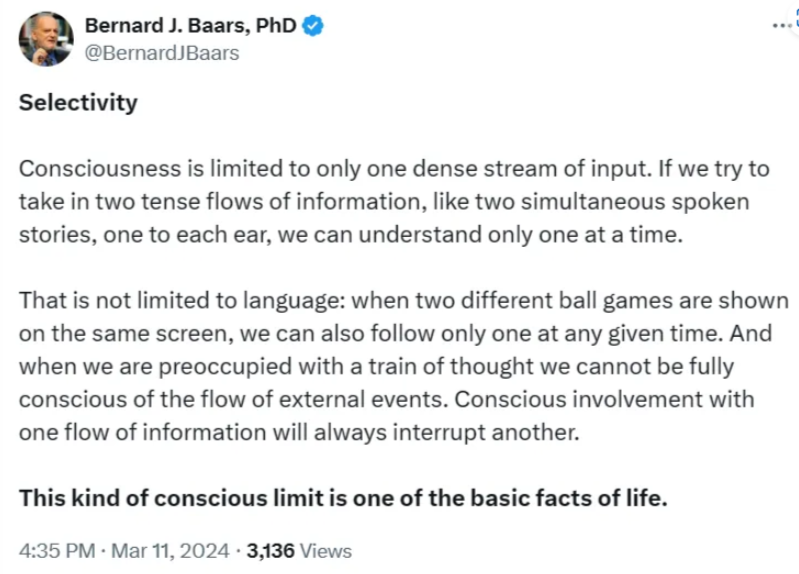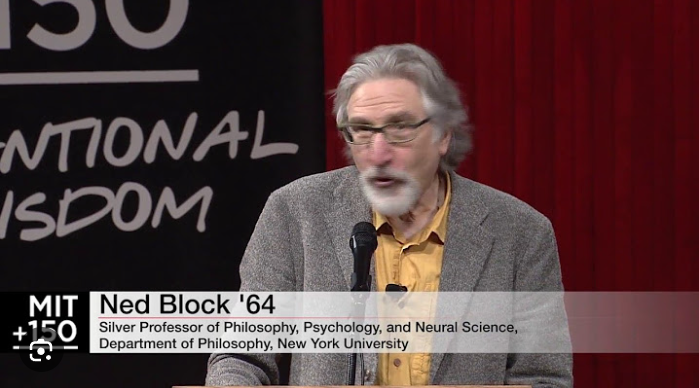“It is like saying that since a bicycle is made of atoms, then each atom must be a proto-cyclist.”
— Carlo Rovelli
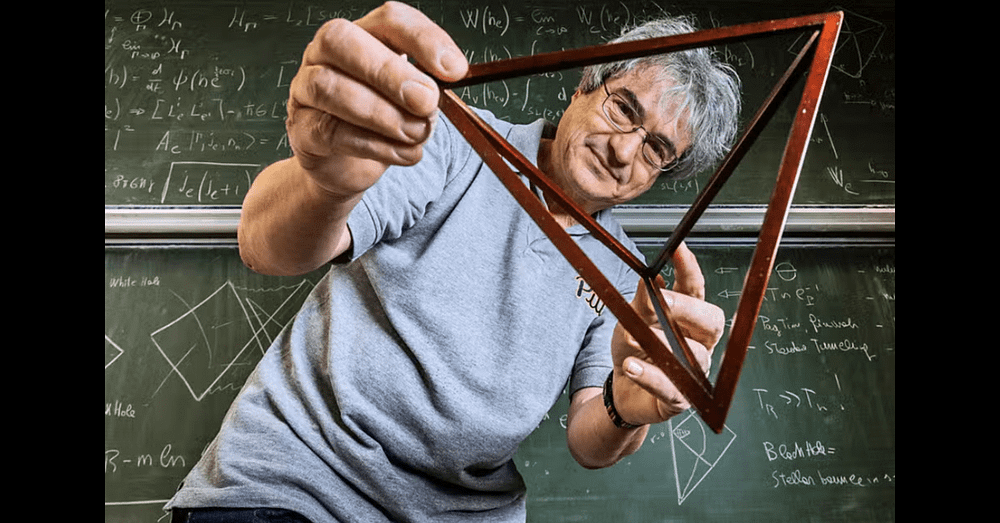
The Italian theoretical physicist Carlo Rovelli wrote the following passage in his book Helgoland:
“I do not find such arguments and such pan-psychism persuasive in the slightest. It is like saying that since a bicycle is made of atoms, then each atom must be a proto-cyclist.”
At first sight at least, Carlo Rovelli’s argument seems both simple and convincing.
Basically, Rovelli is arguing against the panpsychist contention that it’s highly unlikely that consciousness (or experience) could ever have arisen from that which is entirely non-conscious.
[This is sometimes called the Continuity Argument for Panpsychism. See my ‘Panpsychism in 1970: Keith Campbell on the Continuity Argument for Panpsychism’.]
However, the comparison (or analogy) that Rovelli cites above may not work. In other words, is there really a parallel between the atoms which make up a bike and the bike itself, and the parts which make up a brain, and consciousness itself?
In other words, is Rovelli’s general argument true of all systems and their elements (or parts)?
Systems and Their Elements
At one level at least, Rovelli’s analogy is correct.
Firstly, take this passage from the American philosopher John Searle:
“Suppose that we have a system, S [i.e., a bicycle], made up of elements a, b, c… [i.e., atoms and other elements]. [] In general, there will be features of S that are not, or not necessarily, features of a, b, c…”
In countless systems which are made up of elements or parts, the system itself will have characteristics which its parts — on their own — won’t have…
Not many people would disagree with that.
However, in the case of panpsychism, is it the brain which is the system, or consciousness itself?
In the bicycle case, it is literally identical to the sum of its elements or parts. However, surely we can’t say that consciousness itself is the sum of its elements or parts.
Does this mean, then, that Rovelli’s analogy doesn’t work because consciousness is simply left out of his picture?
So instead of a bike’s elements, let’s take four matchsticks.
We can combine four matchsticks to create a square shape. The square shape is nothing more than its four elements — i.e., it’s the sum of four matchsticks. Yet it can still be said that the square shape does indeed emerge from the four matchsticks. However, it doesn’t strongly emerge from them.
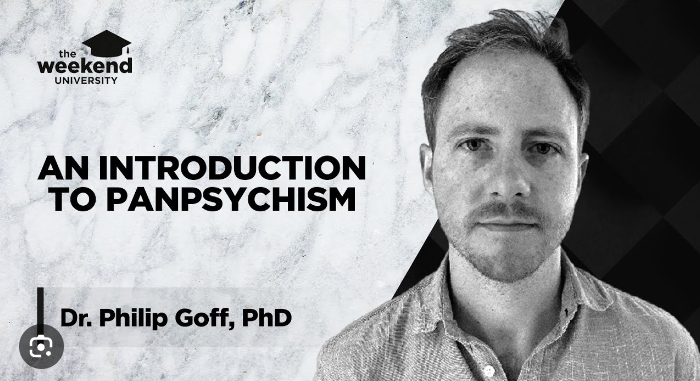
The panpsychist Philip Goff provides his own example here. He writes:
“Take the case of seven Lego cubes placed on top of each other to make a rectangular tower. The mere existence of those bricks, each having a specific shape and location, necessitates the existence of the tower having the shape and location it has.”
More technically:
“The existence of a group of spatial objects, O¹….Oⁿ, with certain shapes and locations, can necessitate the existence of a spatial object with a shape and location different to the shape and location of each of O¹… Oⁿ.”
Goff puts this position without mentioning consciousness or anything else directed related to it. He also argues that
“the defining characteristic of constitution being that constituted states of affairs are nothing over and above the states of affairs which constitute them”.
That, again, is a statement of weak emergence.
So is consciousness (i.e., rather than the brain) a system made up of elements (or parts) in the first place? That is, can we even say that when it comes to consciousness, it is made up of neurons, synapses, the body, etc?
In theory (or at least according to various zombie scenarios), we can even have the sum of all the brain’s parts (along with the body as a whole), and still not have consciousness. Of course, the identity theorist would say that, of natural necessity, if we have the same brain, then we must also have the same consciousness. And that’s because the brain both constitutes and instantiates consciousness (i.e., even if consciousness is only experienced “from the inside”).
Alternatively, we can say that the brain and its elements cause (or bring about) consciousness.
Emergence or Identity?
Perhaps Carlo Rovelli himself does vaguely — or tangentially — broach this issue of (either) emergence and/or causation when he says that
“[o]ur mental life needs the existence of neurons, sensory organs, a body, the complex elaboration of information that occurs in it”.
Yet it’s very hard to unpack what Rovelli means by the words “[o]ur mental life needs”.
Sure, most people (though not idealists and dualists) would accept that without “neurons, sensory organs, a body” we would have no mental life (or consciousness) at all. However, is an individual’s mental life (or consciousness) one and the same thing as the sum of his/her neurons, sensory organs, and body?
Alternatively, do neurons, sensory organs, and a body cause (or bring about) a mental life (or consciousness)?
In this latter case, if x causes y, then x and y can’t be one and the same thing. Yet, in Rovelli’s example, a bike is literally the sum of its parts. This means that the sum of a bike’s parts don’t cause the bike: they’re identical to the bike.
Sure, a bike isn’t the same thing as any single part of it. It isn’t even the same thing as any subsection of its parts. It’s also the case that the relations, etc. between the bike’s parts need to be factored into this story. Still, when we have all the parts, and all the relations of all the parts, then we also have the bike itself. (Ironically put, most people are identity theorists when it comes to bikes and their parts.)
Again, does this way of putting things also apply to the brain, its parts, the relations of its parts, and consciousness?
Physical Entailment
In theory at least, if a person knew all about the parts of a bike, then that person could posit that a bike would (or simply could) result if all its parts were put together. Yet this can’t be done with the parts of the brain, etc. and their relation to consciousness.
Let’s go into detail.
The Australian philosopher Frank Jackson may be helpful at this point. He wrote the following words:
“But it is quite another question whether they must hold that θ [the set of all relevant physical elements] a priori entails everything about our psychology, including its phenomenal side, and so quite another question whether they must hold that it is in principle possible to deduce from the full physical story alone what it is like to see red or smell a rose — the key assumption in the knowledge argument that materialism leaves out qualia.”
Here we have a clash (or simply a difference) between entailment and deduction. More clearly, the physical may well entail (to put it grandly) everything in the sense that without the physical (as well as everything about the physical) there would be no consciousness. However, from our current — and perhaps future — knowledge of the physical, we still can’t (a priori) know everything about consciousness. [See note 1 on entailment and logical consequence.]
In terms of Rovelli’s bike (system S) and its elements (E), we can state the following:
E necessitates S.
Yet E doesn’t cause — or bring about — S. That’s because “necessitates” isn’t a causal term — at least not in this instance.
In the material conditional:
P ⊃ Q
We can say that P can’t hold without necessitating Q. It is ontologically necessary that P necessitates (or entails) Q.
Thus, we can say that the physical is necessary for consciousness, without our being able to posit consciousness from the physical. However, we could (in principle) do so in the bike-and-its-atoms case.
To sum up.
Carlo Rovelli’s analogy (or simple comparison) can only work if one is an identity theorist of some kind. So it doesn’t seem to work if one accepts strong emergence or non-reductive physicalism. In simple terms, then, saying that “since a bicycle is made of atoms, then each atom must be a proto-cyclist” is not like saying that in order for there to be consciousness, each element of the brain must instantiate… well, proto-psychism.
Note:
(1) It may be questioned whether there can be such a thing as physical entailment for the simple reason that “logical consequence”— if not entailment when taken more broadly and physically — is a logical term used exclusively about statements, propositions or symbols.





